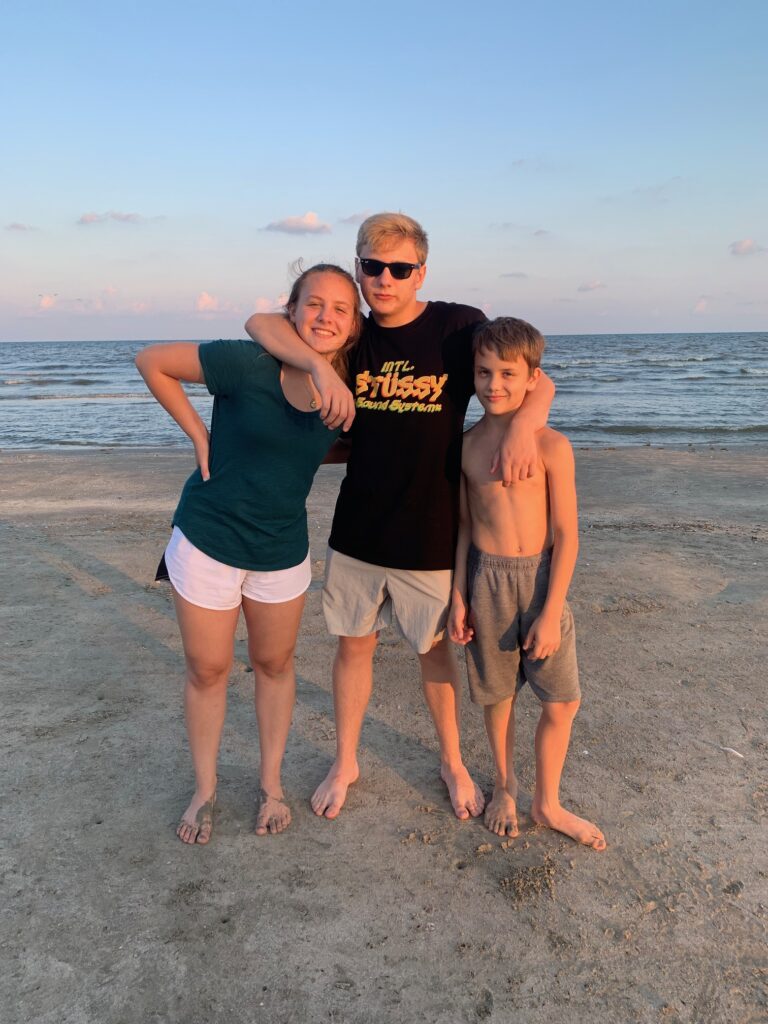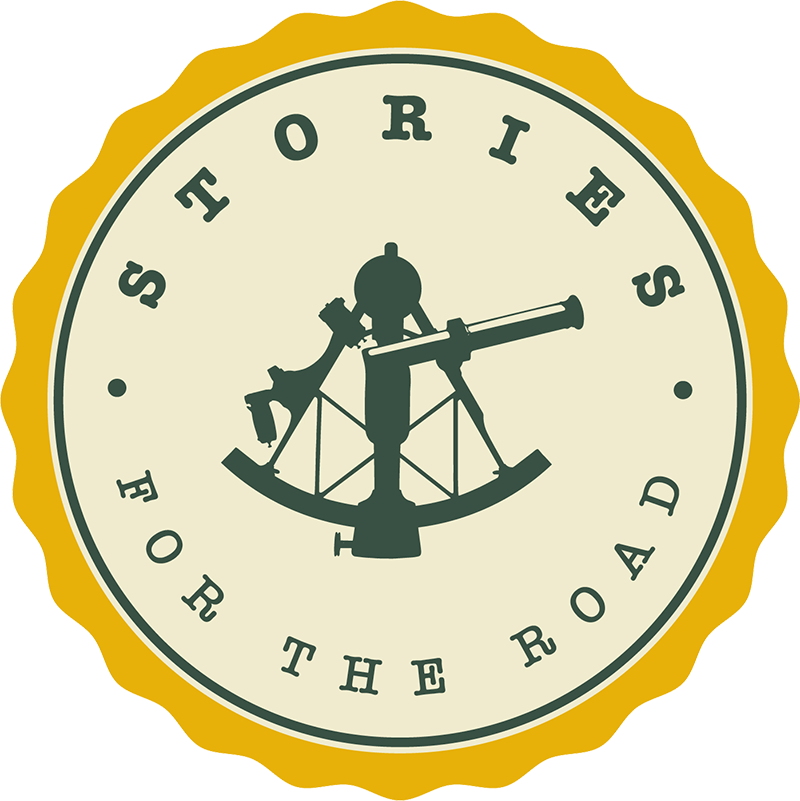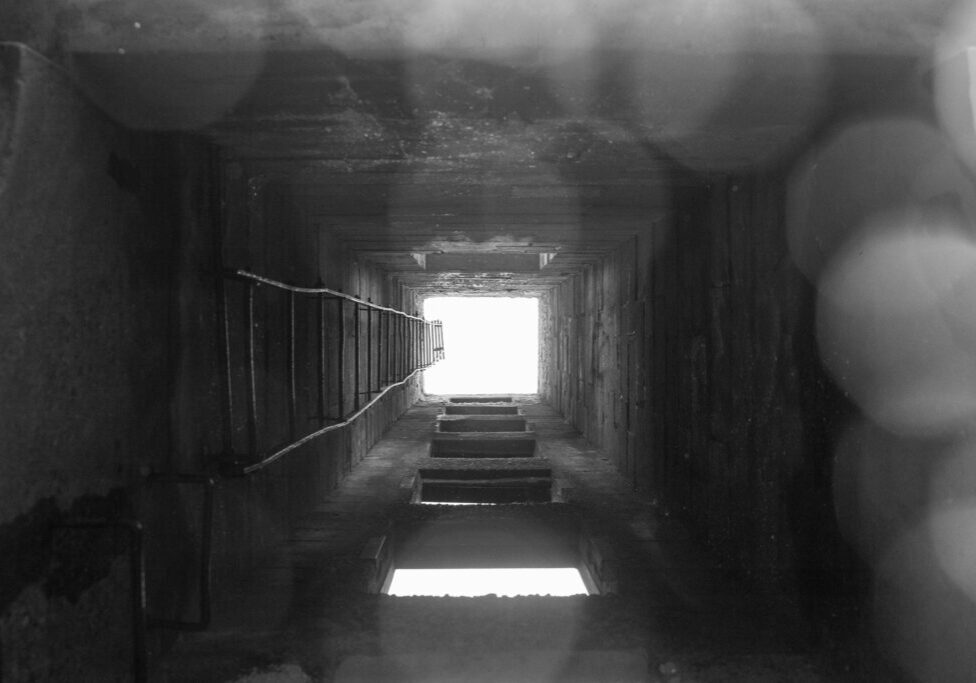The Power of Poetic Prayers

Several years ago, I felt the floor beneath my feet give way.
Over the course of a few months, my family (my wife and three children) experienced a series of life-altering struggles—physical and emotional trauma, clinical anxiety and depression, deep relational betrayal, complicated and risky medical issues—that left us disoriented, depleted, and profoundly unsteady. The onslaught of these back-to-back trials was overwhelming. It felt like we were being pummeled by ocean waves. Any one of these experiences would have left us reeling, but the combination, concentration, and randomness of these events broke us. This was an unprecedented season, and we didn’t know how to process it. Externally, there was a flurry of activity as I worked hard to care for my family in crisis; internally, I was paralyzed, and I didn’t have the language to articulate my pain.

In my struggle, I turned to the Bible; but the narratives and epistles of Scripture, so often a source of order and comfort to me, felt flat. Instead, I was drawn to the poetry of the Psalms. When I came to Psalm 40, my spirit finally exhaled a sigh of relief. The vivid metaphors and piercing tone resonated. Somehow this ancient poem, written in a foreign tongue from a foreign culture, gave me the words and images I needed to begin to make sense of the chaos I was experiencing. This old poem cut through to something deep inside me. In my suffering, I felt powerless and voiceless, utterly incapable of delivering myself from my current predicament. My life was a maelstrom. I was not only distressed about the events that were occurring; I was anxious about their long-term effects. Would we recover from the trauma? Would we heal from the depression? Was reconciliation possible after the betrayal? Would we survive this new medical diagnosis?
The poem begins this way: “I waited patiently for the LORD; he inclined to me and heard my cry. He drew me up from the pit of destruction, out of the miry bog, and set my feet upon a rock, making my steps secure. He put a new song in my mouth, a song of praise to our God” (40:1-3). This was exactly what I needed to hear. Those few sentences captured so much of my experience and longing. I was in a pit I couldn’t see out of. I felt my feet would never feel secure again. I longed for the LORD to see me, to hear me, and to come to my rescue. In reading Psalm 40, I felt the poetic language pierce through my pain.
Poetry, of course, has the power to do just that. I recently read an article from a counselor who put it this way, “Suffering blasts us like a hand grenade—it dizzies, disorients, and deafens. It can be difficult to absorb truth when your pain is screaming, and your ears are ringing. But poetry is like a covert frequency, a secret skylight.”1 Psalm 40 was the “covert frequency” that made its way through the noise, the fog, the disorientation of my suffering. In a season where I could not find the words to pray, I found myself borrowing the words of Psalmist in my prayers.
I waited patiently for the LORD; he inclined to me and heard my cry (40:1).
Initially, I felt a little ashamed when reading this first line. I was suffering, but I was not suffering patiently. At the time I was a pastor, and this psalm was not only a prayer for me, but also a passage to contemplate and study. Mercifully, I came across an author who shed light on this important opening. Theologian Ellen Davis translates verse 1 as “I waited tensely for the LORD.”2 The words “I waited patiently for the LORD” (v. 1) can be conveyed more literally as “In waiting, I waited.” The psalmist waited and waited and waited. Yes! In that moment, it seemed there would be no end to the suffering. My vision of the future was bleak. I was worse than unsteady; I was in a pit without a bottom. I had no other choice than to wait, but in my waiting and waiting and waiting I was tense, unsure, and afraid. Yet there was hope. There was an end to the psalmist’s waiting. Maybe there would be an end to mine. Maybe the LORD would incline to me too and hear my cry.
He drew me up from the pit of destruction, out of the miry bog, and set my feet upon a rock, making my steps secure (40:2).
This, maybe more than any other part of the psalm, resonated deeply. The utter shock of these events unraveled my sense of security. I felt I would never be steady again. I had no footing, only a sense of a bottomless fall. Robert Alter, professor of Hebrew at UC Berkley, notes that the phrase “pit of destruction” can also be rendered as “pit of noise.”3 Again: Yes! The image here, common in the ancient poetry of Scripture, is of waves crashing down, one after another. The psalmist can’t pull himself up. He can’t even think. Wave after wave. All he can hear is chaos. I was more than confused; I was in a pit of noise, a slimy hole. This was not a problem I could solve; I needed to be rescued. The image in my mind—my only hope—was of God getting on his belly and reaching down into the pit, pulling me up. I needed him to do for me what I could not do for myself. Psalm 40 was naming and normalizing my experience. I longed to be seen in the pit, to be heard, to be lifted from the noise and destruction and slime, to be steadied on a rock. Like the psalmist, future stability felt like a luxurious illusion for me. Yet this was exactly what the psalmist was given. Even more than a new steadiness, he was given a new song too.
He put a new song in mouth, a song of praise to our God (40:3).
Could this be true for me? Psalm 40 was not only naming and normalizing my experience, it was giving me a vision of what might be possible. Was there hope for future deliverance? Was there potential for future steadiness? Was there a chance of a future song? My family had experienced real trauma, but might this lead to a new level of dependence? We were suffering real anxiety and depression, but might this loosen our hold on self-sufficiency? We had been betrayed, but might this increase our need for our Eternal and Unfailing Friend? We had received a worrying prognosis, but might this deepen our longing for the New Heaven and Earth? Might this new language of lament provide new words of worship? To be honest, in the moment I wasn’t so sure. Yet Psalm 40 was giving me hope.
Each line of the Psalm spoke significance to my state and gave me words to pray. When I got the end, I was struck by what I considered one of the most honest prayers in Scripture:
As for me, I am poor and needy, but the Lord takes thought for me. You are my help and my deliverer; do not delay, O my God (40:17)!
As with my own experience, there is no tidy solution in Psalm 40. In many ways, the storm has passed for us. We feel steady again, but mostly because we’ve hit a bedrock that goes deeper than our circumstances. We’ve benefited from counseling and medication. We’ve mourned difficult relational changes. New treatments have improved our prognosis. Our trials brought our frailty and dependence into stark relief. As for the Hydes, we are poor and needy, but the Lord takes thought of us. Like the psalmist, my family will bear the scars of our suffering. But we’ve learned some new songs too! The psalmist’s words have become our words, and we’re living in the tension between “I’m waiting … but do not delay!” Life is not always easy, but God knows it and he cares. It’s this simple confession that makes the old storms feel less scary and the new songs sound more sweet.
- Anna Mondal, “Poetic Soul Care,” Biblical Counseling Coalition, August 3, 2020, accessed October 18, 2022, https://www.biblicalcounselingcoalition.org/2020/08/03/poetic-soul-care/.
↩︎ - Ellen Davis, “Demanding Deliverance,” in Preaching from Psalms, Oracles, and Parables, ed. R. Alling and D. J. Schlafer (Harrisburg: Morehouse, 2006), 4.
↩︎ - Robert Alter, The Book of Psalms (New York: W. W. Norton & Company, Inc, 2007), 141. ↩︎
Justin Hyde serves as the Director of Community Life at Sojourn East. He and his wife Brandi have three wonderful and resilient children (19, 17, 13).



